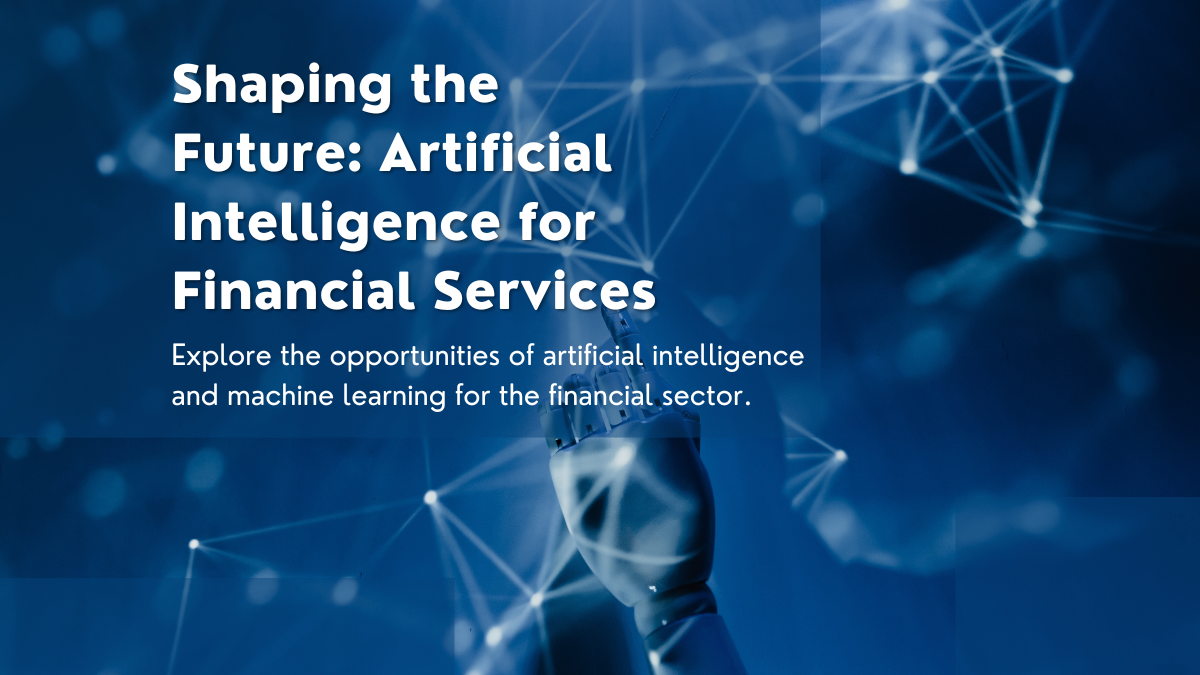The world is entering a golden age of artificial intelligence (AI). Financial services, more than almost any other industry, stands poised to reap the benefits. The combination of advanced compute resources, abundant data, and new software development and business practices are transforming how insight, analysis, and new products and services are generated.
In financial services, the opportunities for the beneficial application of AI and machine learning (ML) are plentiful and four areas stand out as particularly promising: algorithmic (algo) trading, fraud detection and mitigation, credit approval and insurance underwriting, and customer experience and retention. All of these are prime examples of areas where the application of AI is already having a profound impact.
As with the adoption of any new technology, however, numerous challenges must be addressed to ensure that perpetual and pervasive positive outcomes are achieved. Organisations must consider the unique requirements that must be met to develop AI capabilities at an enterprise-scale as well as the need to evolve and adjust development and operational practices and procedures. Many current AI efforts are wrestling with these factors as they attempt to exit “POC purgatory” and establish programs that produce results at enterprise scale. While the issues are non-trivial, they are readily workable with the right approach and insight.
In this white paper, we will examine these areas in financial services to examine how AI is shaping the future. We’ll then look at practical barriers and challenges that should be addressed when building AI capabilities. In the end, AI is an essential ingredient that will likely become ubiquitous across all industries, making it indispensable for successfully competing in the economy of the 21st century. Now is the time to build the skills and infrastructure to make AI a successful part of that futu re.
Please fill out the form to access the content
Resource Sponsored By


